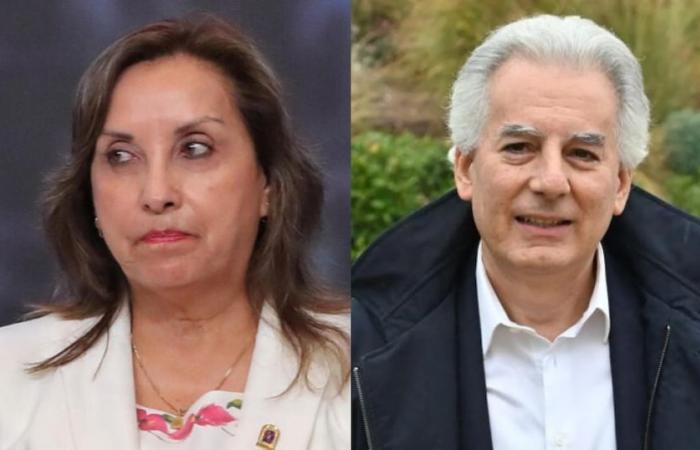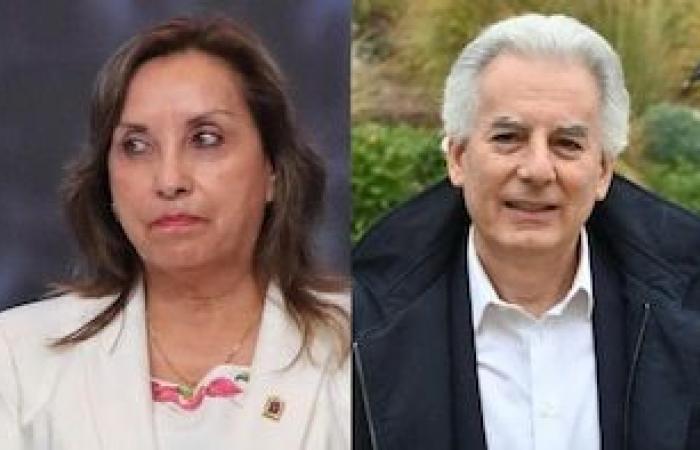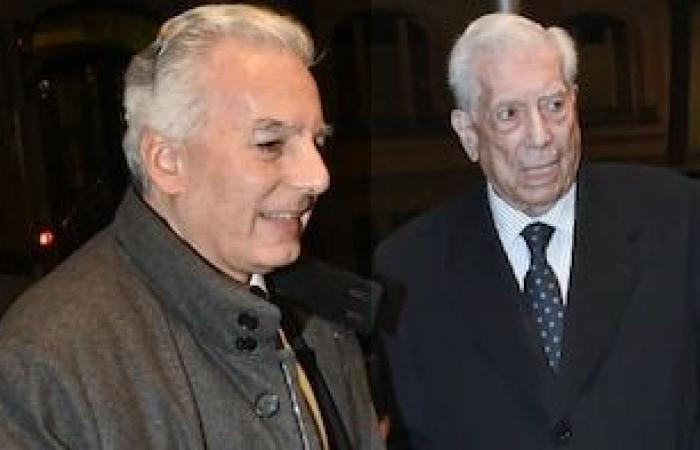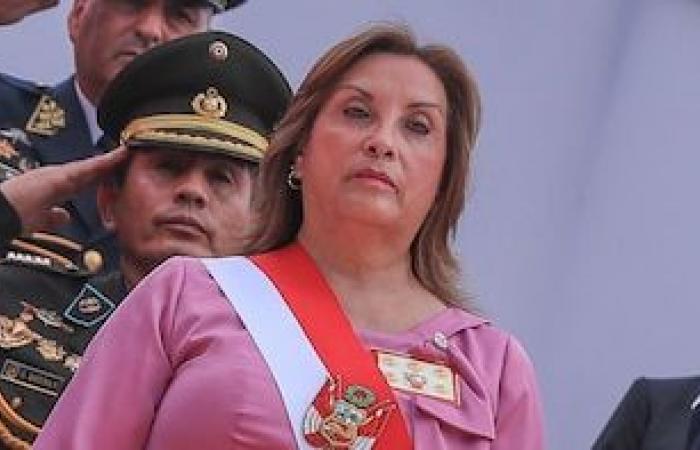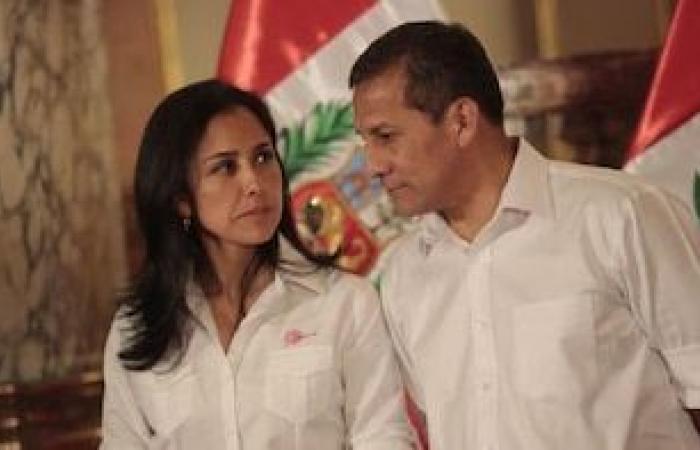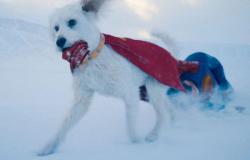In an interview with CommerceÁlvaro Vargas Llosa, writer and son of the Nobel Prize for Literature Mario Vargas Llosa, analyzed the political scene of Peru in the midst of the duel for the death of his father, which occurred on April 13, 2025. Despite the personal moment, he offered a look at the current presidential management and his political background.
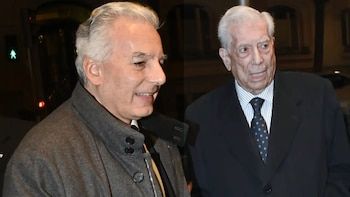
Vargas Llosa said that his judgment towards Dina Boluarte is not as severe as that of many analysts, because he considers that he assumed power in a crisis context, without having won the elections or presented a plan of its own government. For him, his greatest merit was to have distanced himself from Pedro Castillo and to have stopped what he describes as an attempt of “assonada coup.”
Although he acknowledged that the results of his management are weak, he stressed that Boluarte has preserved democracy and that, despite its mistakes, it is aimed at delivering the power constitutionally. He mentioned that The country faces serious problems such as insecurity and administrative impericiabut stressed that the Peruvian economy registered the second greatest growth in South America last year and could be located in third place this 2025, behind Argentina and Paraguay.
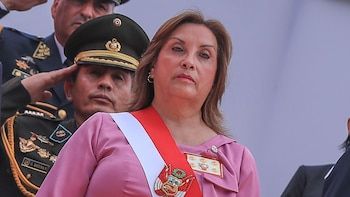
“I can’t ask for great liberal reforms who did not win a presidency with a program that offered that,” he said.
The less severe vision of Vargas Llosa on Boluarte contrasts with citizen disapproval rates. According to the latest survey of the Institute of Peruvian Studies (IEP), published in March by The Republic93% of the population rejects its management. Approval barely reaches 4% nationwidebeing especially low in the most vulnerable sectors, where it only reaches 2%. Even at the highest socioeconomic levels (A/B), its support only reaches 7%.
In addition to impopularity, the president faces serious legal questions. In the Public Ministry, accusations are investigated for alleged abandonment of charge and briberyrelated to their recent aesthetic surgeries. Dr. Mario Cabani, who operated her, declared that the president did not pay her for the interventions and that she alleged “not having money.” They agreed that the payment would be made later, but Boluarte failed to comply.
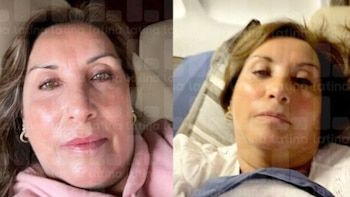
As the weekly revealed Hildebrandt in his thirteenthe president would have sent him two weeks ago $ 4,500 in cash through an intermediary. Given this situation, the Cabani clinic sent a new notarial letter requesting the accreditation of the lawful origin of the money. So far, no response has been received from the president.
At another time of the interview, Álvaro Vargas Llosa was consulted on his support for former president Ollanta Humala in 2011, when he and his father supported him as an alternative to the return of Fujimorism. Vargas Llosa acknowledged that Humala did not carry out a radical leftist as feared, but a mediocre one, where the economic bonanza was used without its own merit, thanks to the rise of raw materials, as also happened in the second government of Alan García.
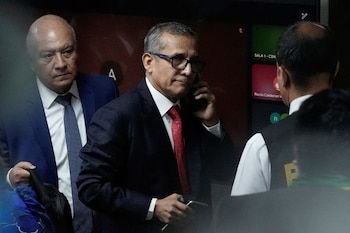
He admitted that there was excessive influence of his wife Nadine Heredia, who attributes a very personalist driving style, in addition to a Figures overload of the “left caviar” without sufficient preparation. For him, this reflected the shortage of political cadres that existed at that time.
Regarding the term “guarantors”, used to describe his role and that of his father in that electoral process, he ruled it categorically, pointing out that it was a concept invented by his adversaries. He clarified that simply They participated as citizens in a democracy choosing what they considered the best option between imperfect alternatives.

Currently, Ollanta Humala celebrates a 15 -year prison sentence for the crime of money laundering, in the Barbadillo prison, since April 15. The sentence is linked to the alleged irregular contributions that he would have received for his presidential campaigns of 2006 and 2011. His wife, Nadine Heredia, is in Brazil with her youngest son, after obtaining political asylum from the Brazilian government, who considered that both faced political persecution in Peru.

